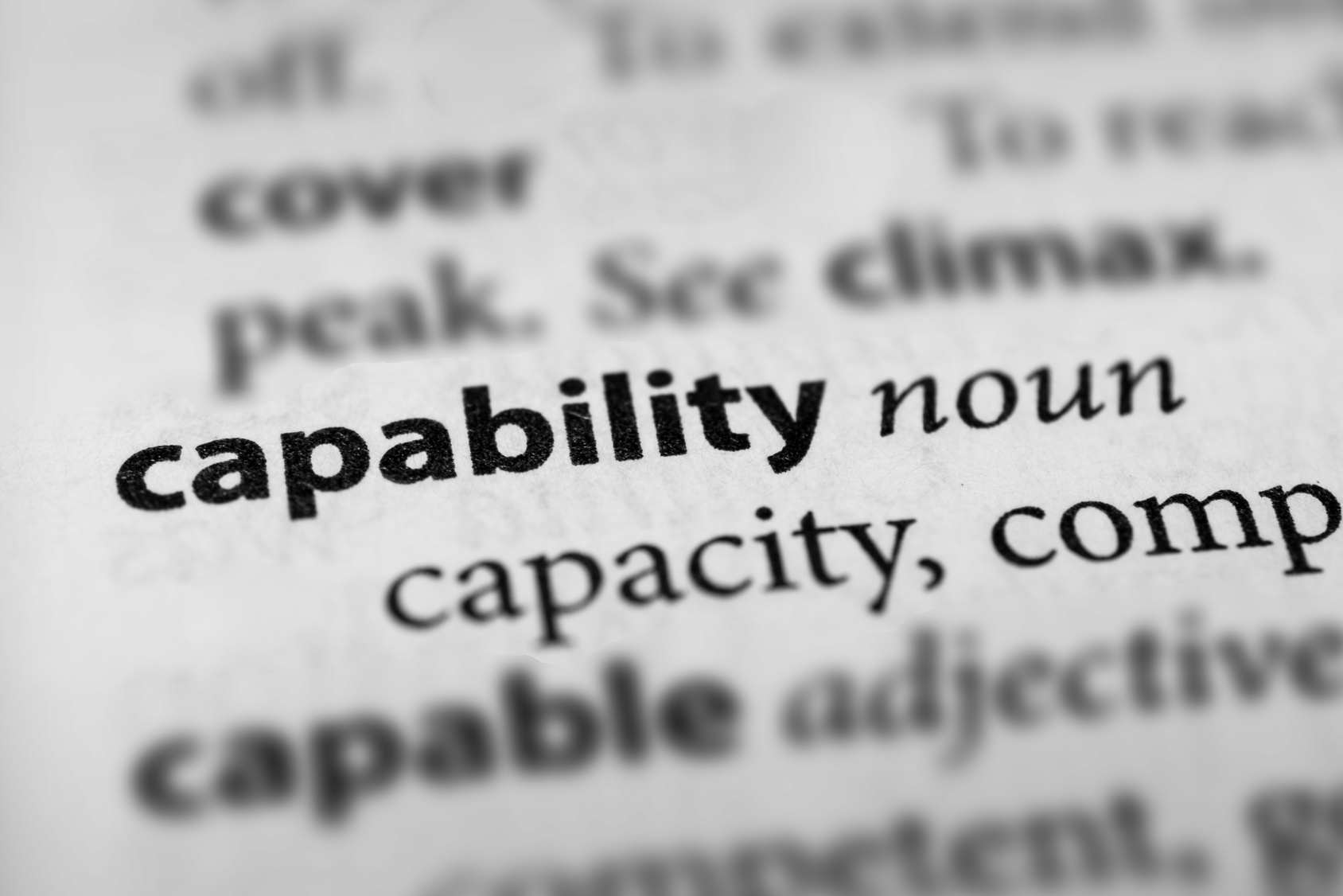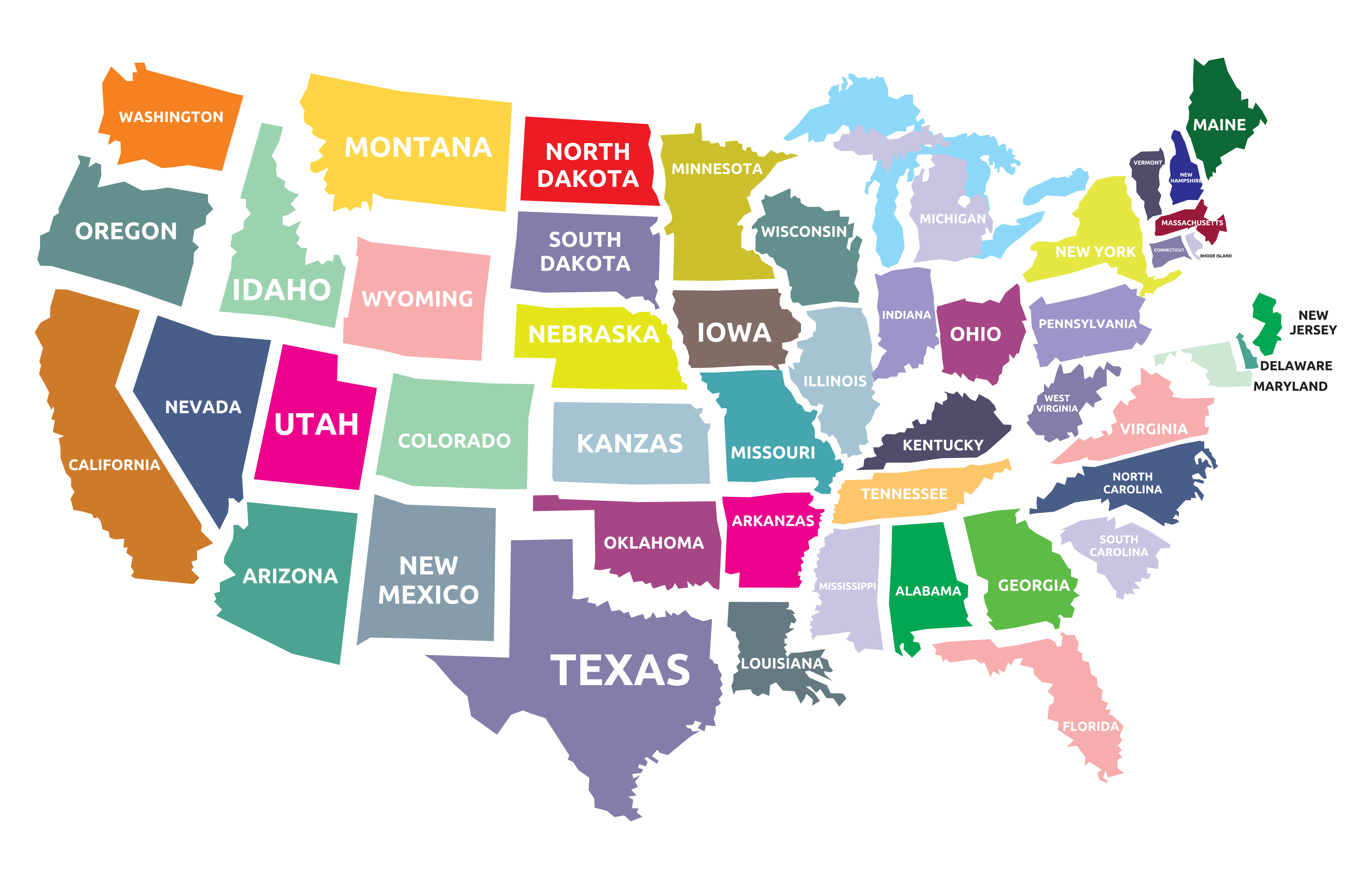Taking Advantage of 4th Quarter Spending Season
As a government contractor, it is important to have a yearly plan that will maximize your chances to win more business. The Federal Government works by the fiscal year (FY), which is separated into the four quarters listed below. The First Quarter (Q1): October 1 – December 31 The Second Quarter (Q2): January 1 – …
Read More10 Core Concepts of a Capabilities Statement
The capabilities statement is one of the most effective ways to market your company to the government. It is a short, ‘get-to-know-me’ type of document that shows what your business can do and why potential customers should buy from you. Below are some of the key points to remember when writing your capabilities statement. Show …
Read MoreTo Bid or Not to Bid? 3 Essential Considerations Before Responding to an RFP
As a government contractor, it is easy to become overzealous when it comes to responding to proposals, but you’ll have better success with a thought-out plan. There are many questions you should ask yourself before deciding to bid on a Request for Proposal (RFP). Keep these three considerations in mind when making your final decision …
Read MoreThe Rule of Two as a Rule of Thumb
You may have heard of small business set-asides in federal procurement, but have you heard of the Rule of Two? It is commonly known that 23% of the yearly federal contracting budget is set-aside for small business contract spending, with smaller percentage requirements for each set-aside: Women-Owned Small Businesses (5%), Small Disadvantaged Businesses (5%), HUBZone …
Read More5 Steps to Successful Subcontracting
Federal contracting is commonly discussed, but subcontracting is sometimes overlooked. Up to half (or more) of federal procurement dollars are spent on subcontracts. Knowing how to go about a prime-sub contracting agreement is extremely important to reduce risk and ensure a beneficial relationship between both organizations. Here are some steps to follow when starting a …
Read MoreWhat to Look for When Preparing Your Federal Government Proposal
The process of submitting a proposal and then waiting on a decision, can be a detailed and lengthy process that requires a lot of knowledge. Here we will give you some tips and descriptors of each stage of the government proposal process. The Government Request There are three main types of government solicitation stages that …
Read MoreCooperative Purchasing 101
Many government contractors work closely with the Federal Government through a GSA Schedule. However, there are some programs that allow state and local government procurement participation in the GSA Schedule program. One of these is the Cooperative Purchasing Program. It is one of the easiest programs to participate in, due to its inclusivity. Cooperative Purchasing …
Read MoreCan State and Local Governments Purchase through a GSA Schedule?
Government contracting is most often associated with the federal government; however, state and local entities are sometimes able to benefit from General Service Administration (GSA) Schedule Contracts as well. Four specific programs allow State and Local Governments to purchase goods and services through this contract vehicle and each program has different requirements and definitions. Keep …
Read MoreThe 5 W’s of HUBZones: What Are They and How Do I Qualify?
A Historically Underutilized Business Zone (HUBZone), is a set-aside program designed to help businesses in economically underdeveloped areas. Set-asides like HUBZones are incredibly useful for government contractors who are trying to win federal contracts. Keep reading to learn more about this valuable program and its eligibility requirements. Who can participate? Small businesses that have been …
Read More




















